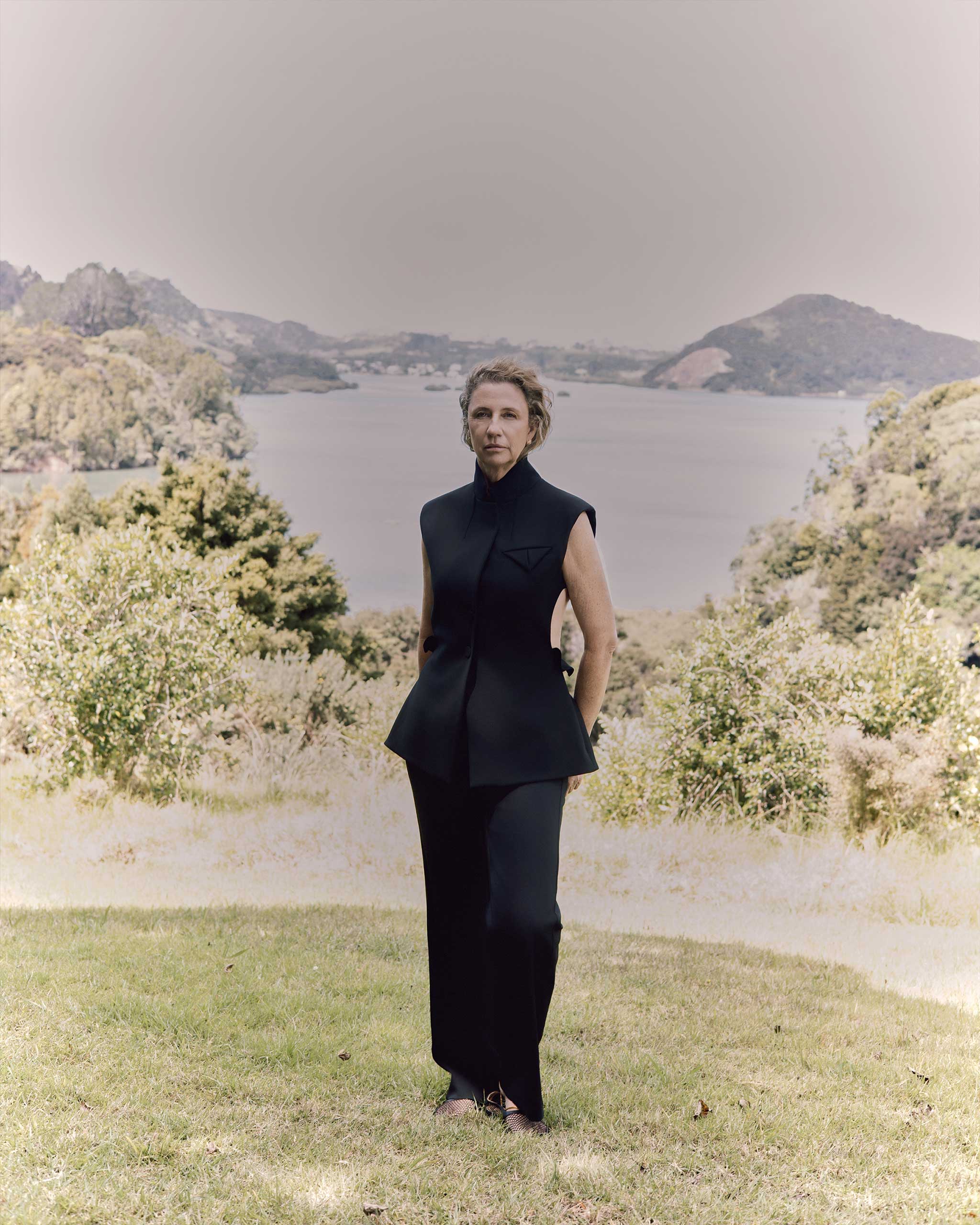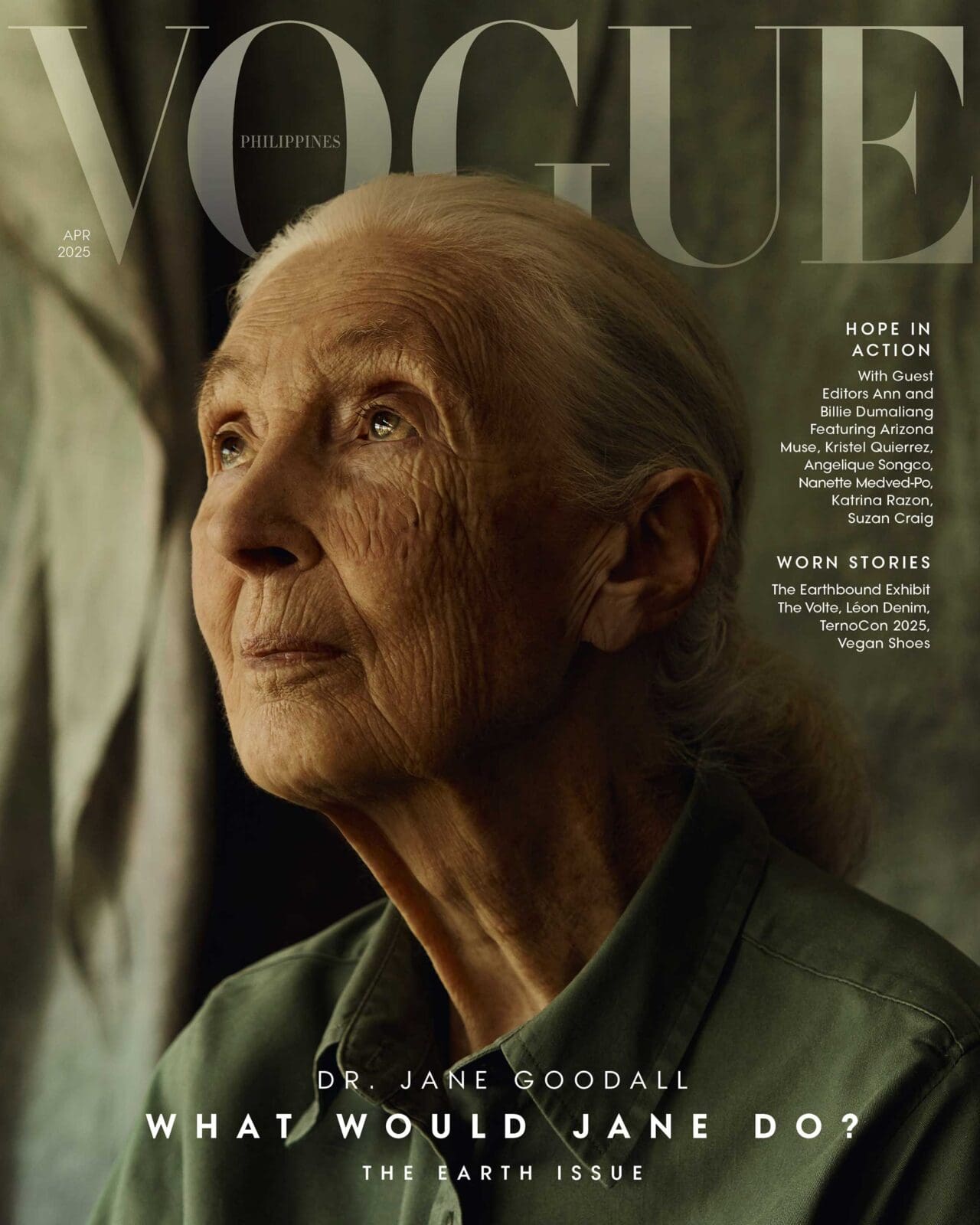Photographed by Hōne Naera-Scott for the April 2025 Issue of Vogue Philippines
For Suzan Craig, ecopreneur and co-founder of the Villars Institute, the solutions to environmental issues lie closer to home.
Suzan Craig understands the complexity of the human experience. Having devoted the past 20 years to working toward biodiversity regeneration, she has developed a unique insight: the need for nuance.
“While often seen as just an environmental issue, biodiversity loss affects every aspect of human life, from food systems and water supply to climate stability and economic resilience,” says Suzan. “In this sense, biodiversity loss isn’t just an ecological crisis. It is also an economic and social justice issue, highlighting the urgent need for fair, inclusive solutions that recognize both nature’s intrinsic value and its role in human well-being.”
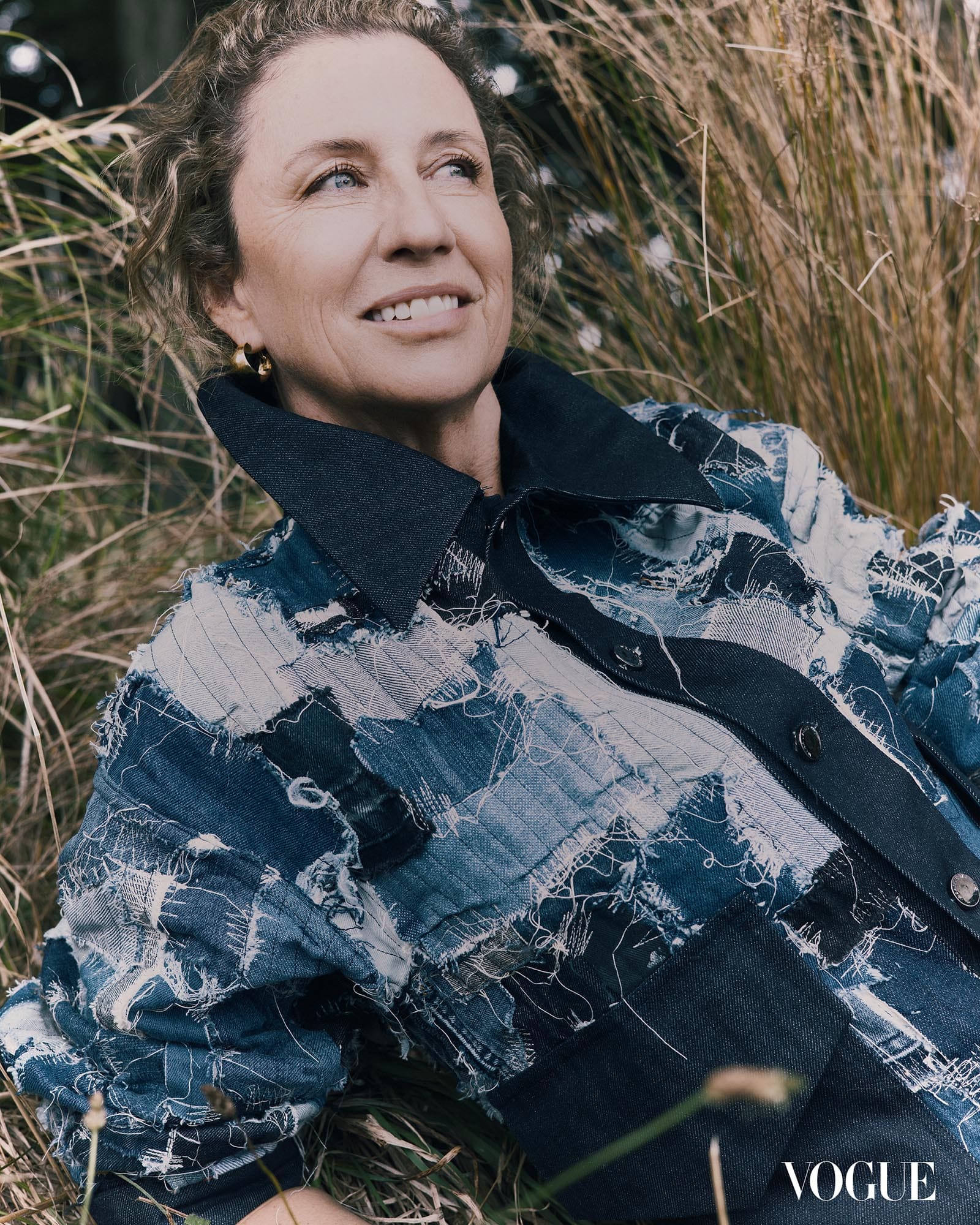
Instead of a piecemeal approach to environmental issues, Suzan offers the idea that the sum is greater than its parts. “Environmental, cultural, and social challenges are deeply interconnected, and systems thinking teaches us that solving one without addressing the others is rarely effective.”
Suzan puts this thought into practice as a co-founder of the Villars Institute, a non-profit foundation based in Switzerland that aims to “accelerate the transition to net zero and nature positive economy and to restore the health of the planet”.
Part of the framework of the Villars Institute includes artistic, cultural, and educational activities. It regularly holds film screenings and art events with scientific roundtable discussions. Creativity and science, often thought of as opposites, are held in parity with one another. None have more weight as both are essential components to achieve the same goals.
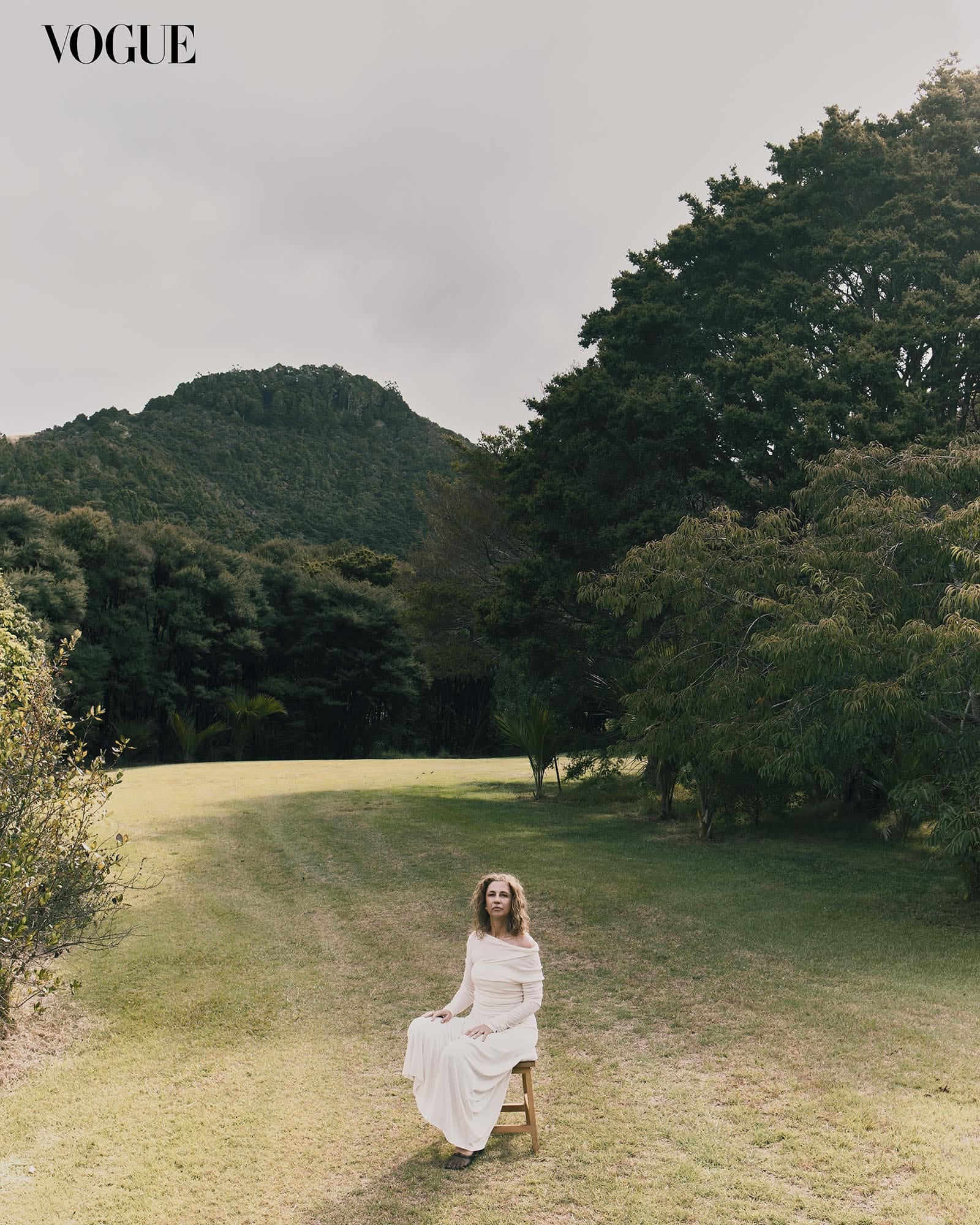
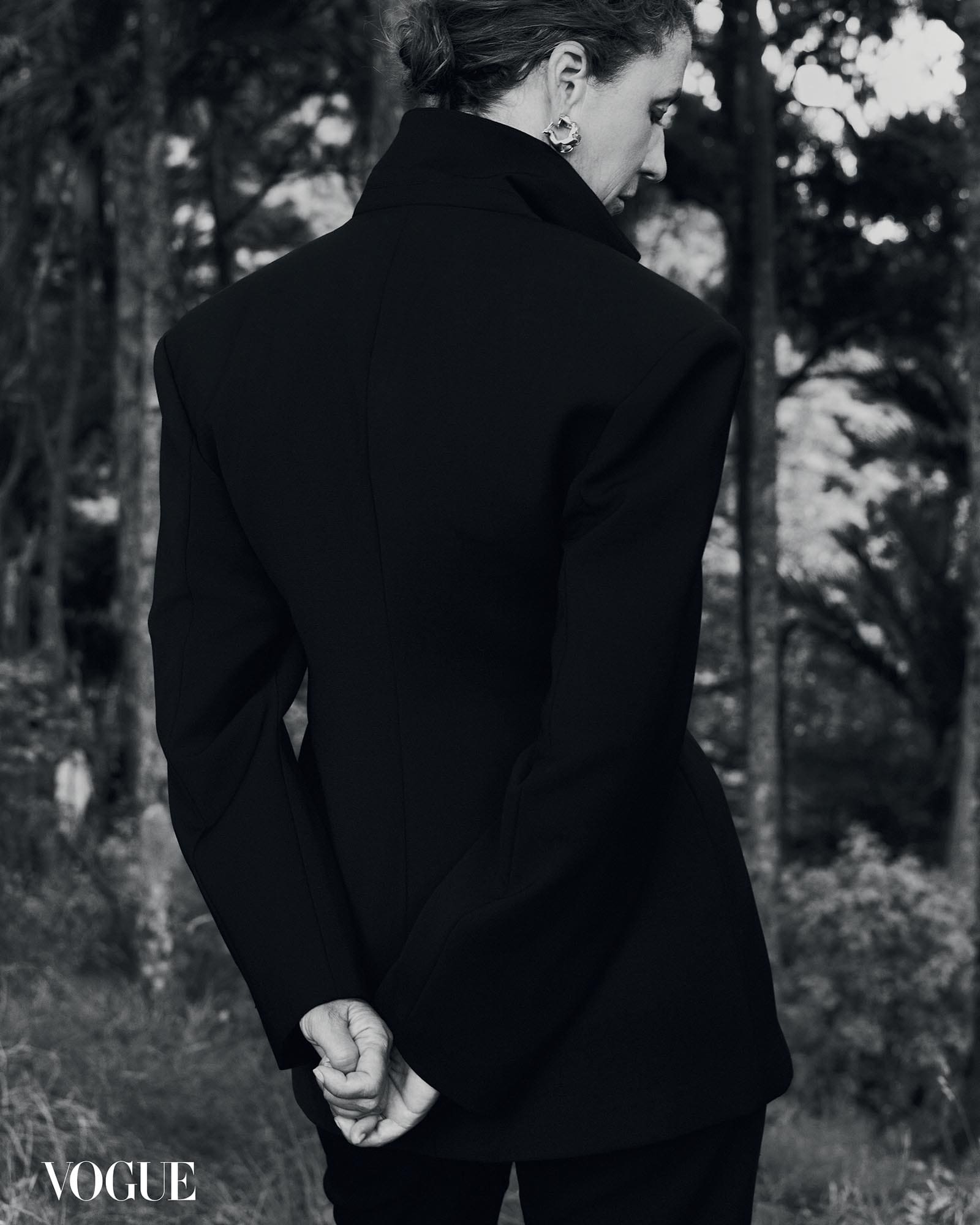
Ecological issues are often data-driven. Scientists track precipitation patterns and global average temperatures. They analyze tree rings to provide a historical record of the earth’s climate. However, the human heart still craves a story to flesh out all that information. “When people hear success stories, where degraded ecosystems have been brought back to life, species have returned, or communities have regained a sense of stewardship, it helps shift the narrative from despair to possibility,” she says.
The Villars Institute also highlights intergenerational collaboration. This is a response to the reality that environmental issues are not a single-generation event. According to Suzan, “Young people need to have a seat at the table, both because they will inherit the outcomes and because their ideas and energy are crucial to shaping effective solutions. At the same time, older generations bring valuable experience and historical context.”
One of the most significant projects Suzan has engaged in is Tahi, a large-scale restoration project located in Aotearoa, New Zealand. It began as an 800-acre run-down cattle farm but has since been transformed into a “living eco-lab.” Tahi is behind the rejuvenation and planting of 8.8 million trees to help with biodiversity restoration. All profits from Tahi and its products are cycled back into biodiversity. “Tahi has become a living case study of what’s possible when conservation and restoration are strategically implemented around whole ecosystems,” says Suzan.
Efforts like these show that ecopreneur is more than just a buzzy portmanteau. She further describes Tahi as “a lighthouse project, in that it is a living, evolving example of how long-term ecological regeneration can restore not only landscapes but also revive local economies and strengthen cultural connections.”
“When people hear success stories, where degraded ecosystems have been brought back to life, species have returned, or communities have regained a sense of stewardship, it helps shift the narrative from despair to possibility.”
In 1943, American psychologist Abraham Maslow first introduced the concept of a hierarchy of needs. The most basic ones are physiological, such as food, water, and air. It goes to more complex ideas, such as personal esteem and self-actualization. Although Maslow’s theory is often criticized as an oversimplification, it does provide insight into the motivations of human beings.
Suzan’s holistic view of biodiversity regeneration echoes this approach. It is one thing to plant a tree, but quite another to provide environmental solutions in the context of other human needs like food security, education, and cultural progress. Much like how much of the planet’s systems are interconnected, so are the solutions needed to solve its problems.
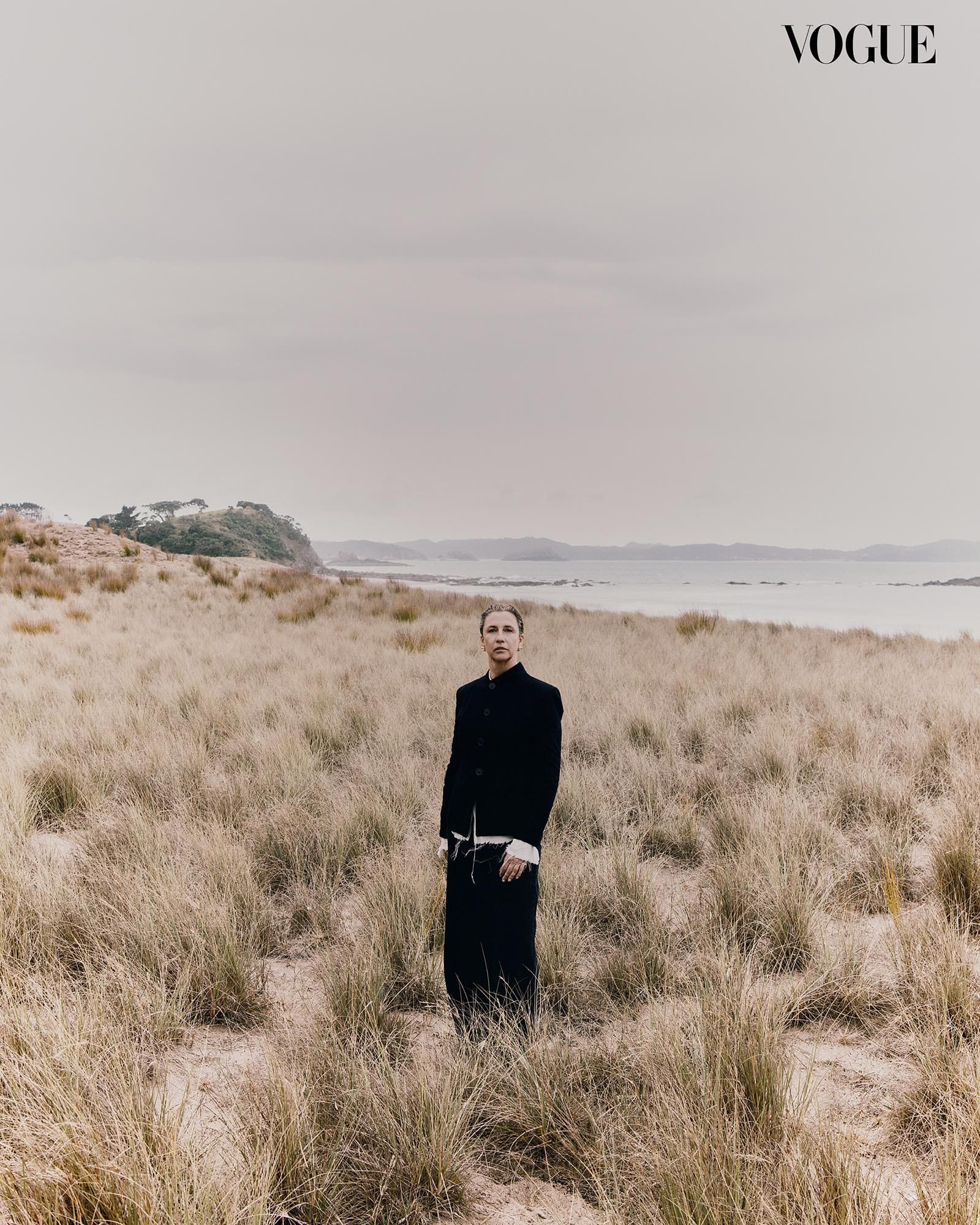
Showing that humanity is everywhere, even Suzan herself cannot help but be influenced by this thinking. Behind all of Suzan’s work lies a very human occurrence: the passing of a parent’s interests to a child. As the daughter of Professor John Craig, a conservation biologist and landscape ecologist, Suzan saw firsthand the benefits of working to make the planet better than it is.
“Those experiences left a lasting impression on me,” she says. “I saw how degraded landscapes could come back to life, how species could return, and how communities could reconnect to their environment. It was both scientific and deeply emotional, and it has deeply shaped my understanding of what was possible.”
By GIANCARLA ARITAO. Photographs by HŌNE NAERA-SCOTT. Styling by CARLOS MANGUBAT. Beauty Editor JOYCE OREÑA. Producer: Carlos Mangubat. Beauty Writer: Bianca Custodio. Makeup & Hair: Leisa Welch. Lighting Director: Mark Leedom. First Assistant: Gabriel Metcalfe. Video: Nick Alexander White. Tahi Director: Aneta Bird. Sound designer: Lazar Petkovic. Special thanks to the Tahi Team.
